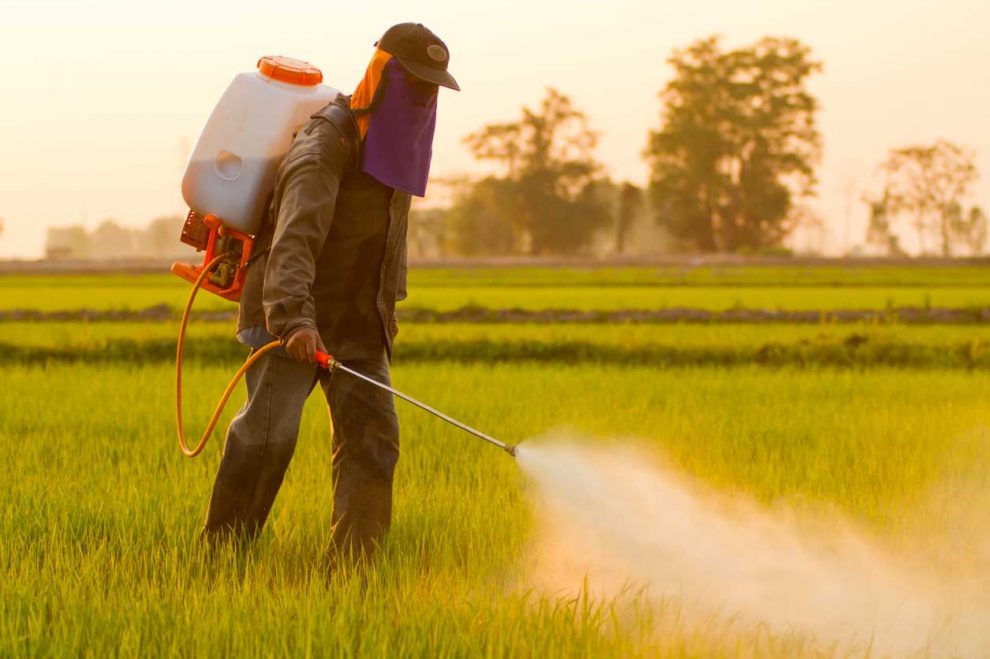A JOINT letter from the UK farming unions on the re-authorisation of glyphosate has been to the President of the European Commission, Jean-Claude Juncker, the Agriculture and Rural Development Commissioner, Phil Hogan, and the Health and Safety Commissioner, Vytenis Andriukaitis ahead of a key committee meeting to decide whether or not glyphosate will be re-authorised for use.
The letter says: “Across the UK, farmers are following the ongoing debate on the re-approval of glyphosate with mounting concern. The UK Farming Unions firmly believe that the EU’s science-based decision making process should be upheld and glyphosate re-authorised for the maximum period possible. Both the European Food Safety Authority (EFSA) and the European Chemicals Agency (ECHA) have concluded that glyphosate cannot be considered carcinogenic and therefore there should be no safety concerns related to its reauthorisation for the maximum period of 15 years.
“The UK Farming Unions ask you to stand by your own science and regulatory procedure, and re-authorise glyphosate for the maximum period possible and not allow the issue to be politicised any longer. Not delivering would jeopardise confidence in the whole EU food safety system and in particular in EFSA’s role.”
Agronomists and farmers throughout the industry are desperate for the license to be renewed. Ed Trotter, farming consultant and agronomist at Strutt & Parker, said: “It is hugely disappointing that we are still battling to get reauthorisation beyond December 15 when there is now overwhelming scientific evidence to back the safety of this key product.
“We are, of course, hoping that the decision will be positive and would welcome that. However, we remain concerned that even if glyphosate is relicensed for five years it will feel somewhat of a hollow victory for the farming industry, given there appears to be no compelling reason not to relicense it for the customary 15-year period.
“Much of the opposition to glyphosate seems to be based on an ideology, rather than sound science.
“Campaigners for a ban seem to be in denial about the implications of their actions. Losing glyphosate would completely change the way we farm and have huge implications – for farmers, food production and the environment.
“Some of the arguments against relicensing seem to be driven by a desire to hit out at Monsanto, which markets glyphosate under the Roundup label. The company has long been a target for environmentalists because of its work with GM crops.
“Other people are making the argument that glyphosate should be banned for environmental reasons – but any ban would come with a high environmental cost because of the increased number of cultivations that would be required to tackle weed control.”
















Add Comment